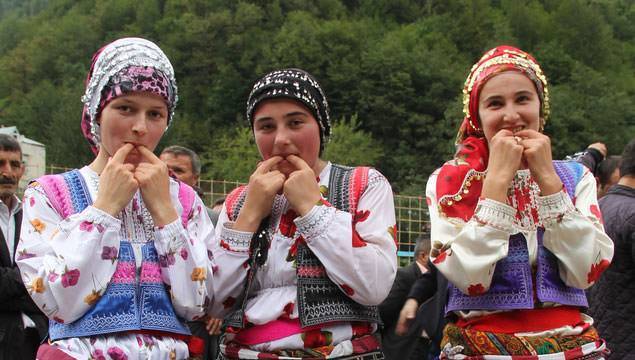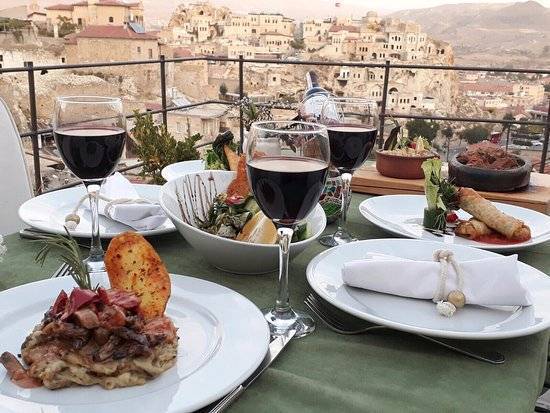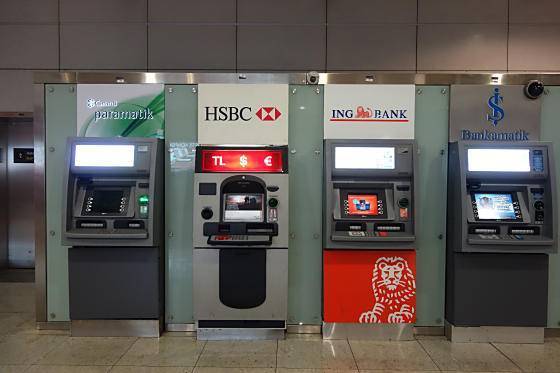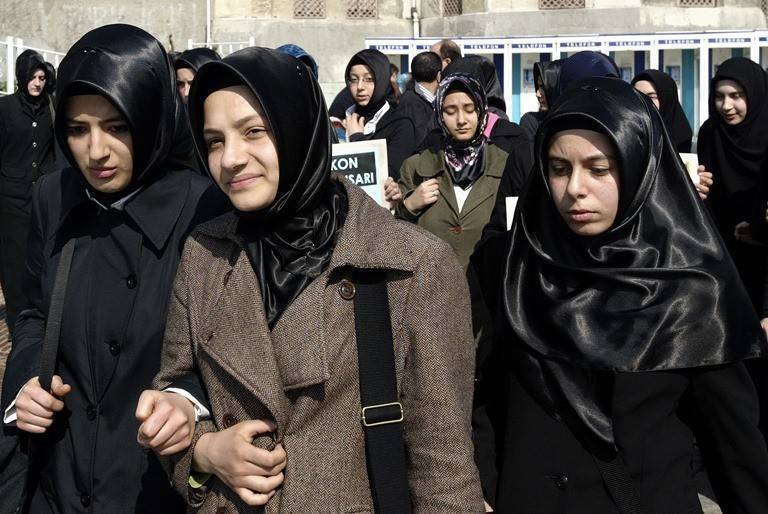Turkey’s rich history, varied landscapes, adventurous activities, rich culture, and delectable cuisine make it an advantageous location to visit. 5 tips to help you make the most of your trip to Turkey, including mosques in Istanbul, Cappadocia landscapes, and ancient ruins in Ephesus.
So, first, apply for a turkey visa online first if you want to enjoy Turkish rich history and culture.
1. Are Turkish people friendly?
Yes! Turkish folks are extremely friendly, ready to help, and curious. They frequently ask intrusive questions like “How old are you?” or “How much money do you earn?” and staring is common. The headscarf-wearing rural woman next to me gazed unblinkingly at my blue eyes for the whole 10-hour bus ride.

Whatever makes you stand out – your skin color, hair, or clothing – draws attention, specifically outside of town. Because Turkish have a genuine desire to learn about foreign living, you don’t have to answer or engage more than feeling comfortable.
2. A few Turkish words and phrases go a long way
Outside of tourist areas, and even in major cities, few people speak English, so having a basic understanding of Turkish is helpful. Knowing even a few words in Turkish would be greatly welcomed if you are invited to a local family’s house for Turkish coffee or tea. On the other hand, some dishonest persons take advantage of such kind nature.

It’s essential to understand Turkish nonverbal communication, especially when saying no. Turkish hospitality involves being served more food and wine than you can eat. Lay your palm on your heart and say no to halt the flow. If saying no hasn’t worked and you’re forced to purchase something or provide cash, slop your head up and back while creating a quick tsk sound with your tongue. It may appear not polite, but it works.
3. Currency, costs, tipping, and bargaining
Bring a combination of cash (in small amounts), an ATM card, and a credit card when travelling. Travelers’ checks aren’t as standard as they once were. The most accessible currencies to convert are US dollars and Euros, and exchange offices offer excellent prices. However, several ATMs across Turkey verify with your bank regarding international withdrawal fees before going. Bring cash with you at all times if you can’t find a machine that will accept your card.

In Turkey, good service is expected, but the wait staff are underpaid, so tipping is recommended; 10-15% is typical in upscale restaurants, but I usually leave something at small, family-run local restaurants. For taxi drivers, round up the fee or add the additional US $1-2 (8.40-16.80tl) if they help you with your luggage. This currency conversion is approximate because the Turkish lira is highly volatile at writing.
Before paying, always double-check pricing, both on menus and the bill or taxi meters, and question any discrepancies. In carpet shops, some bargaining is expected, so study the price and currency they’re quoting first. It’s OK to negotiate a lower price. Whether it doesn’t work, get up and say you’re out of time before double-checking if that’s the most they can do. The most important thing is to purchase something you enjoy.
4. Know how to dress appropriately
Religious beliefs impact many everyday life and customs you’re likely to encounter, whether in metropolitan areas or traditional rural regions because Turkey’s population is 99 per cent Muslim. This does not mean that women coming to Turkey must cover themselves from head to toe, but understanding correct manners and wearing modestly might help you avoid unwanted attention.

A scarf is the perfect multi-purpose item. If you’re feeling exposed or the temperature decreases, you may wrap it across your shoulders. When entering a mosque, use it to cover your hair and put a bag in your handbag to hold your shoes — you’ll have to remove them to join.
5. Traditional Turkish toilets
While you’ll find western-style toilets in most Turkish hotels, museums, and restaurants, you’ll also come across squat toilets on your travels. They’re better for us because they’re usually cleaner. The stalls’ floors are sometimes wet, but don’t panic; it’s only clean water sprayed around. Because Turks prefer to use water rather than paper, they have a tap with running water (bidet) built next to the squat area. Therefore bring a packet of tissues in your backpack. Also, hand sanitizer is an excellent idea.

If you’re wearing long pants, you should roll up the cuffs, and jumpsuits aren’t recommended. Remove things from your pockets and sunglasses perched on your head or hooked over your shirt front before you squat after backing into the stall. You’ll have a challenging period finding them if you forget.
Because most public toilets in Turkey demand a small price, it’s a good idea to have some spare coins. Most mosques feature restrooms (some of which are free), so you’ll never be without one.
Rani Sharma is a famous travel blogger written so many blogs on turkey travel, attractions, and food and turkey e visa applications.
